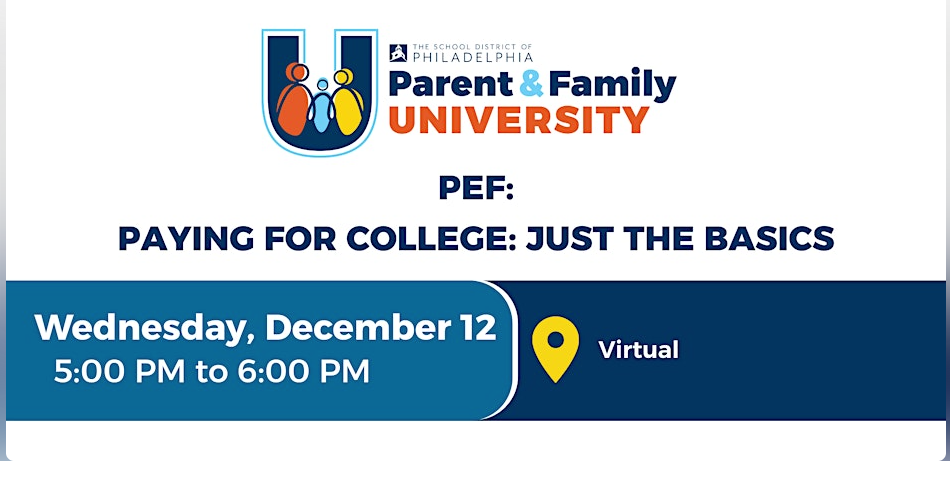Transportation, Distribution & Logistics
The Transportation, Distribution & Logistics career cluster encompasses a wide range of roles that revolve around the movement of goods, people, and resources. This cluster plays a crucial role in ensuring the efficient and effective flow of products and services across various industries. From planning and managing transportation networks to operating and maintaining vehicles and logistics systems, this cluster offers diverse career opportunities.
Education paths in the Transportation, Distribution & Logistics cluster vary. Some roles, like commercial drivers or automotive technicians, may require specialized training programs or certifications. Other roles, like aerospace engineers or urban planners, typically require bachelor’s or advanced degrees.
Career Options
The Transportation, Distribution & Logistics career cluster offers diverse opportunities for those interested in keeping the world moving efficiently. If you’re intrigued by the logistics of transportation, enjoy problem-solving, and want to contribute to the movement of goods and people, exploring careers in this cluster can lead to a fulfilling and impactful career path.
Here’s an overview of the key components and careers within the Transportation, Distribution & Logistics career cluster, tailored for high school students:
Professionals in this area focus on the movement of goods and people. This includes roles in logistics coordination, supply chain management, and transportation planning.
This field involves careers related to aircraft and spacecraft operation, maintenance, and engineering. It covers roles such as pilots, air traffic controllers, and aerospace engineers.
Automotive technicians and mechanics repair, maintain, and service vehicles. This includes roles in automobile repair shops, dealerships, and manufacturing facilities.
Professionals in this area manage and operate train systems, ensuring the safe and efficient transportation of goods and passengers.
This area involves managing and coordinating maritime transportation, including roles in port management, shipping, and maritime logistics.
Warehousing professionals oversee the storage, organization, and distribution of goods within warehouses and distribution centers.
These professionals coordinate the movement of goods from suppliers to consumers, optimizing the entire supply chain process.
Commercial drivers operate trucks and other large vehicles to transport goods over long distances.
Aircraft mechanics and technicians inspect, maintain, and repair aircraft to ensure safety and compliance with regulations.
Planners design and develop transportation systems that address the needs of communities and cities, considering factors like traffic flow and public transit.
Professionals in this field manage and operate public transportation systems, including buses, trains, and subways.
Industry-Recognized Credentials (IRCs)
Industry Recognized Credentials (IRCs) can provide high school students with valuable skills and recognition in the Transportation, Distribution & Logistics career cluster. These credentials can enhance your resume, demonstrate expertise, and open doors to internships, entry-level jobs, and further education. Here are some IRCs that high school students can consider pursuing in this cluster:
This certification is necessary for individuals interested in pursuing commercial driving careers, such as truck drivers or bus drivers.
ASE offers certifications for automotive technicians in various areas, such as brakes, engines, and electrical systems.
This certification is relevant for those working in warehousing and distribution roles.
Offered by the National Maritime Center, this certification is suitable for individuals interested in maritime careers.
This certification covers essential logistics and supply chain management concepts.
Offered by the National Private Truck Council (NPTC), this certification covers fleet management and transportation operations.
ITE offers certifications for transportation professionals, including those in traffic engineering and transportation planning.
This certification covers the safe operation of industrial trucks, including forklifts and similar equipment.



















Get involved!
Comments